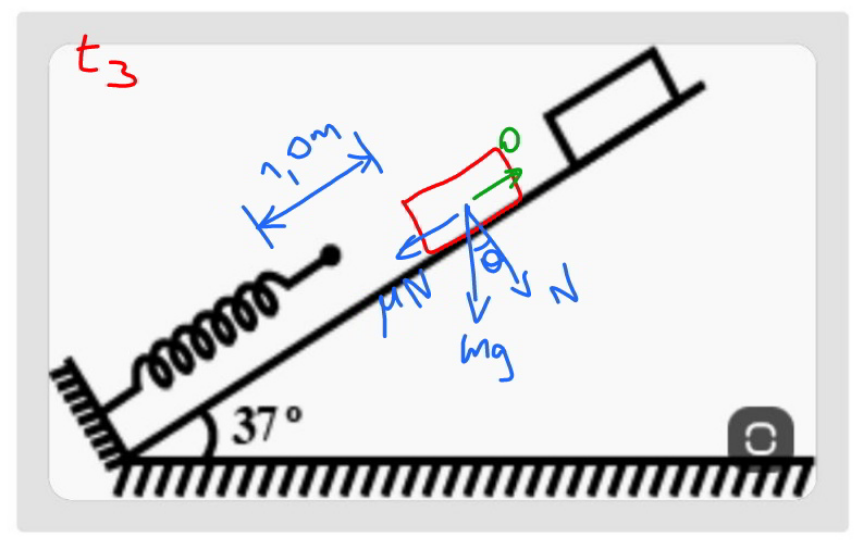
Question and Answers Forum
Question Number 142361 by BHOOPENDRA last updated on 30/May/21
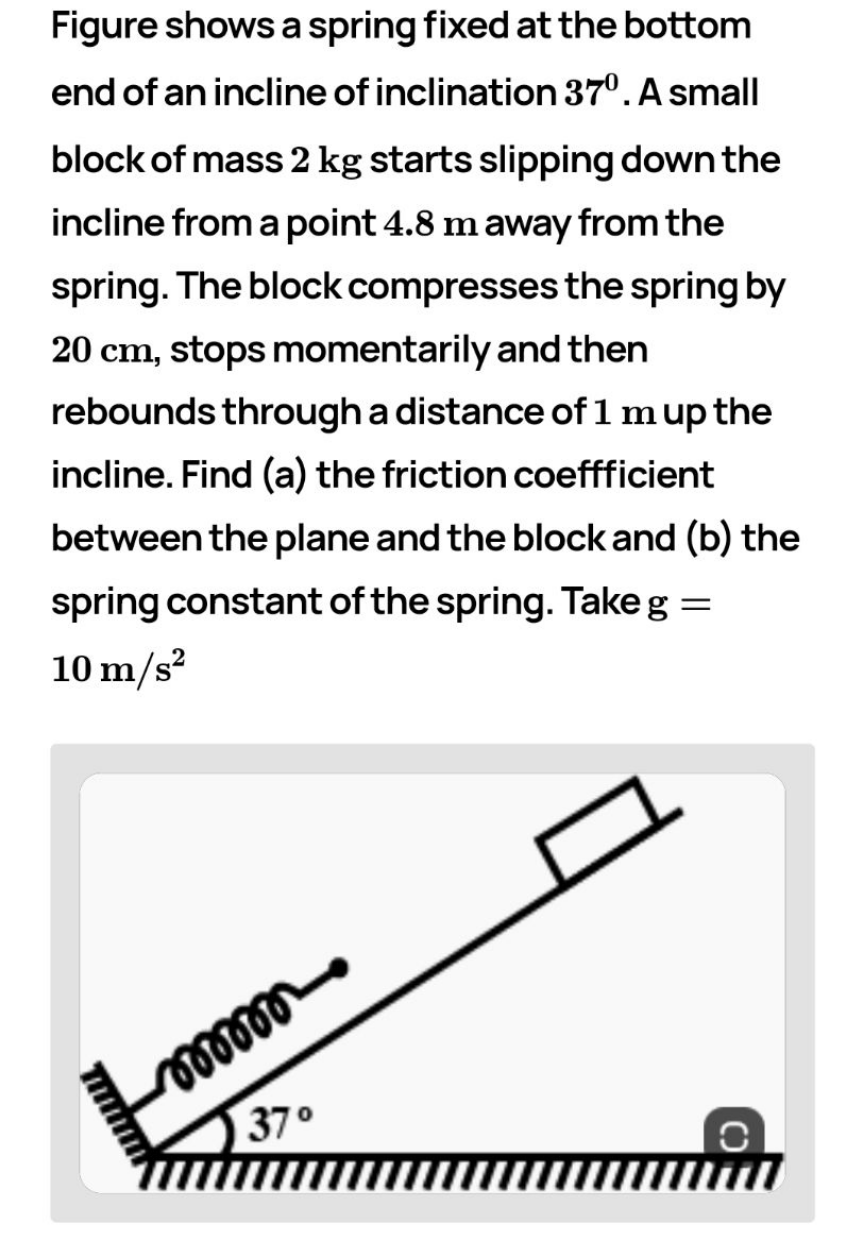
Answered by mr W last updated on 30/May/21
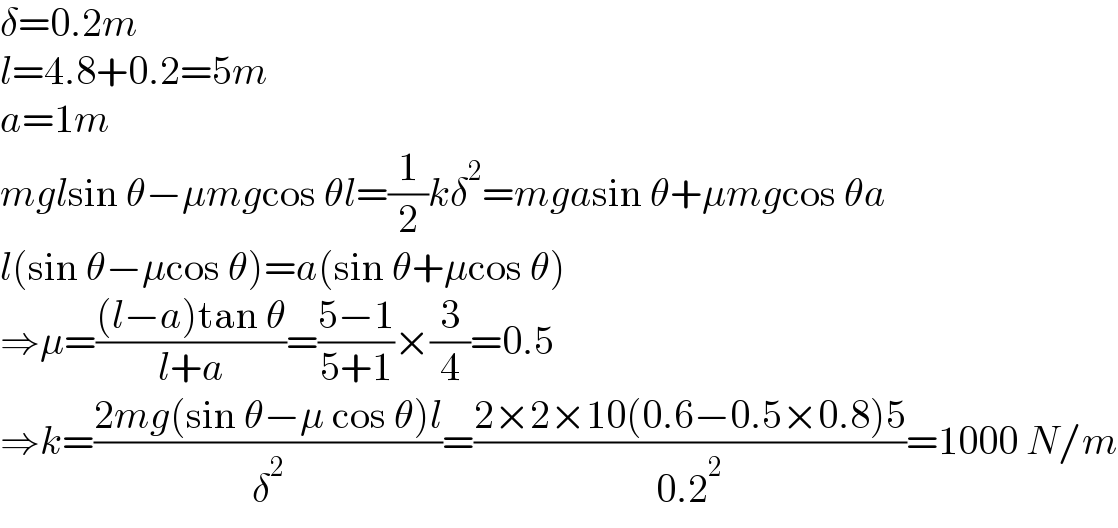
Commented by BHOOPENDRA last updated on 30/May/21

Commented by mr W last updated on 30/May/21

Commented by BHOOPENDRA last updated on 30/May/21

Commented by mr W last updated on 30/May/21
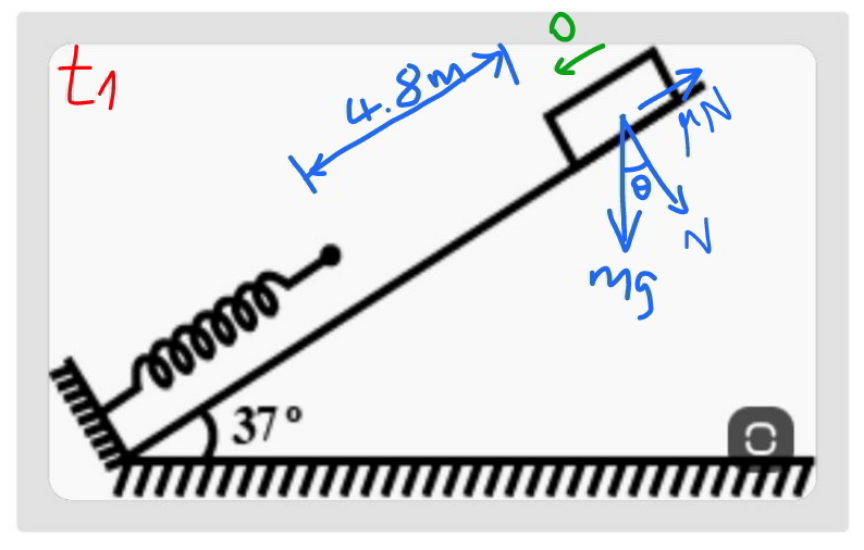
Commented by mr W last updated on 30/May/21
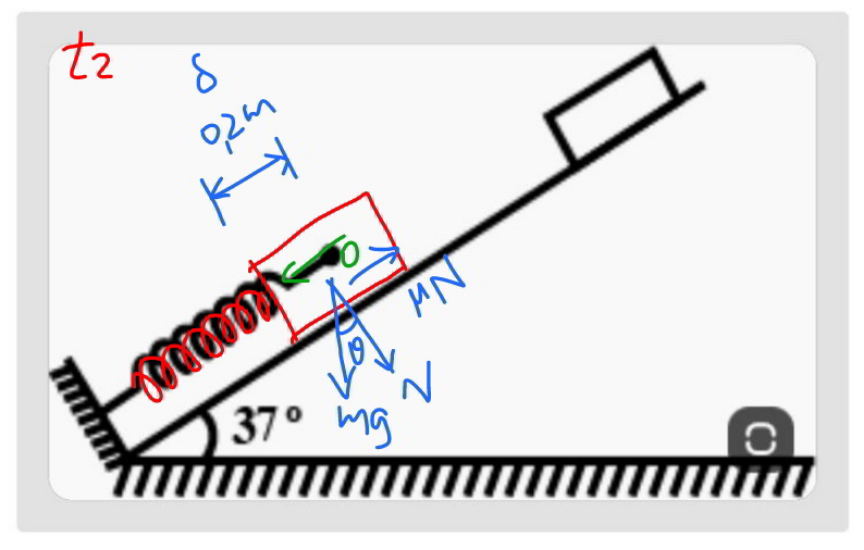
Commented by mr W last updated on 30/May/21
